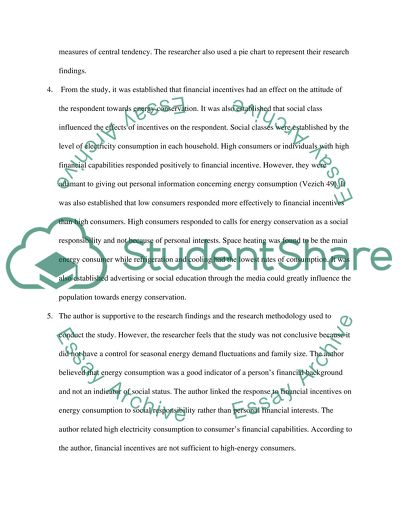Comparing Individual and Social Financial Motivations in Energy Assignment. Retrieved from https://studentshare.org/biology/1593016-comparing-individual-and-social-financial-motivations-in-energy-conservation
Comparing Individual and Social Financial Motivations in Energy Assignment. https://studentshare.org/biology/1593016-comparing-individual-and-social-financial-motivations-in-energy-conservation.


